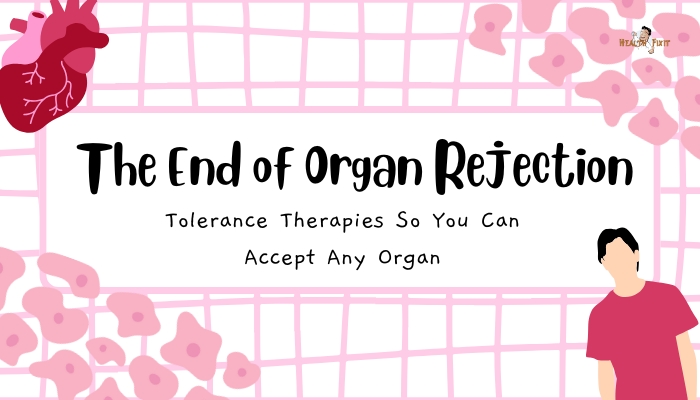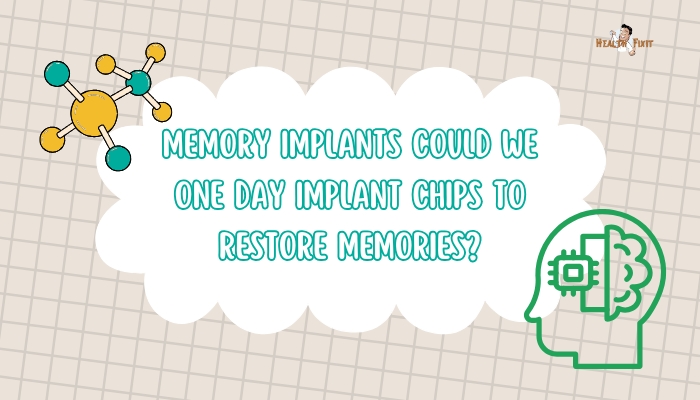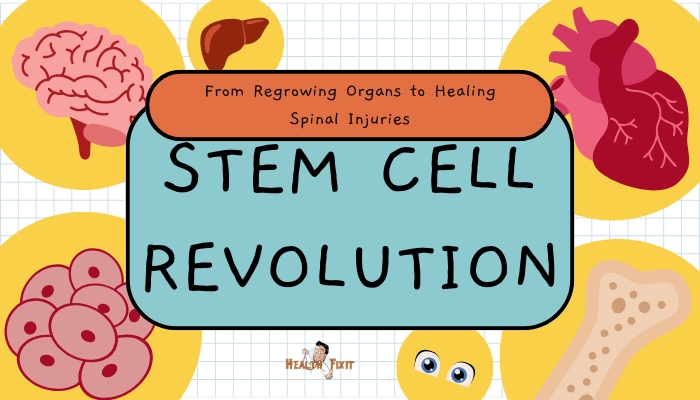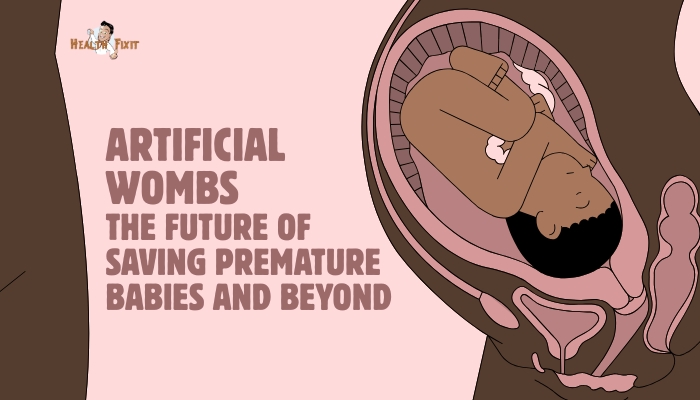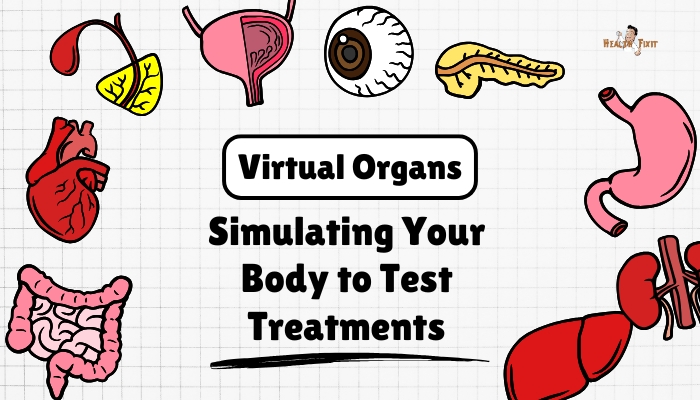Introduction
Organ transplants can save lives—yet patients face a lifetime of immunosuppressive drugs that carry side effects like infection risk or cancer predisposition
. But what if recipients could accept donor organs without such intense medication, as if the organ were their own? Recent advances in immune tolerance research seek to precisely re-educate the body’s immune system to ignore the transplanted tissue,
eliminating or minimizing rejection. This article delves into tolerance therapies—the science behind them, current clinical trials, and the potential to revolutionize how we manage transplants.
The Challenge of Organ Rejection
Immune System and Foreign Tissue
The immune system defends against foreign invaders. When a transplanted kidney or heart arrives, the immune cells see it as “non-self,”
triggering rejection unless suppressed. Traditional management relies on immunosuppressants that lower immunity across the board, risking infections and other issues.
Chronic Immunosuppression Drawbacks
Long-term immunosuppressive regimens, such as calcineurin inhibitors or corticosteroids, are effective but come with adverse effects (e.g., nephrotoxicity, metabolic syndrome). Lifetime therapy also burdens patients psychologically and financially.
Tolerance as the Goal
True immune tolerance means the body specifically does not attack the transplanted organ, but otherwise maintains normal immune function. That scenario frees patients from daily drug regimens and cumulative side effects, representing the “holy grail” of transplant medicine.
How Tolerance Therapies Work
Chimerism and Mixed Immune Systems
One main approach is inducing chimerism—where part of the donor’s immune cells integrate into the recipient’s immune system.
Through bone marrow or hematopoietic stem cell transplantation, the recipient’s immune system is partly “re-set” to accept the donor’s organ as if it were self.
Cell-Based Strategies
Regulatory T cells (Tregs), which calm immune responses, can be expanded in labs and re-infused into recipients to enforce organ tolerance.
Similarly, dendritic cells can be manipulated to present donor antigens in a tolerogenic manner, teaching T cells to ignore the transplanted tissue.
Gene Editing and Precision Immune Modulation
Future therapies might involve CRISPR-based editing to remove or alter genes driving rejection. Alternatively,
intravenous infusions of immune checkpoint molecules or specialized biologics could condition the patient’s immune response to remain tolerant toward the donor organ.
Examples and Early Clinical Success
Kidney Transplant Tolerance Trials
Some pioneering centers perform combined kidney + bone marrow transplants. Patients occasionally wean off immunosuppressants after a time if they achieve stable chimerism. Such protocols, tested in small cohorts, show encouraging results, though it’s not yet universal.
Liver Grafts with Tolerogenic Potential
The liver is naturally more immunotolerant. Studies reveal certain recipients spontaneously reduce or cease immunosuppression without organ damage.
By clarifying which immunological markers predict “operational tolerance,” doctors may attempt to replicate that environment for other organs.
Treg Therapy Trials
Phase I/II trials using expanded Treg cells for kidney, liver, or islet transplants indicate improved acceptance and possibly lower required immunosuppression. However, these remain specialized trials, requiring advanced lab facilities to cultivate Tregs safely and robustly.
The Pros and Cons of Tolerance Therapies
Pros
- Minimized Drug Burden: Freed from daily immunosuppressants, patients reduce infection risk, organ toxicity, and metabolic side effects.
- Improved Quality of Life: Less frequent lab checks, fewer hospital visits, and psychological relief from not living under medication.
- Long-Term Graft Survival: True tolerance could mean indefinite organ function without chronic rejection or repeated transplants.
Cons and Challenges
- Complex Induction Protocols: Achieving tolerance often involves conditioning regimes (like partial bone marrow ablation) or biologic infusions, which can be risky.
- Variability: Tolerance success can differ among patients or organ types—no universal method works for everyone yet.
- High Cost: Cell therapies and gene editing remain expensive, limiting broad application unless scaled.
Future Directions and Research
Multi-Organ Tolerance
Beyond kidneys or livers, researchers aim to replicate success in hearts, lungs, or composite tissue transplants (face, limbs). Each organ’s immunobiology differs—achieving universal protocols is the next horizon.
“Off-the-Shelf” Treg or Stem Cell Products
Manufacturing Tregs or specialized immune cells on a mass scale could standardize therapies, reducing costs and logistical hurdles. Partnerships between biotech and academic centers might expedite a pipeline of cell-based tolerance therapies.
AI-Guided Personalized Regimens
Machine learning could parse huge data sets—from genetics to cytokine profiles—to tailor tolerance induction protocols per patient. Real-time AI analysis might predict if someone’s trending toward rejection, prompting timely immune mod adjustments.
Impact on Patients and Healthcare
Transforming Transplant Outcomes
Achieving near-perfect tolerance would dramatically reduce complications like chronic rejection or graft failure, boosting long-term survival. For some recipients, it might feel akin to having a “native” organ.
Alleviating Donor Organ Demand
If organs last longer, fewer re-transplants occur, freeing up the limited donor organ supply. This synergy might partially ease the shortage, though bridging the demand gap will likely require further innovation like bioengineered organs.
Shifting Care Models
Transplant centers’ role might expand to advanced immunotherapy labs, forging closer ties with immunologists and genetic experts.
Continuous immune monitoring, albeit simpler than daily medication, still requires specialized follow-up. The healthcare system must adapt to these changes.
Practical Advice
- Stay Current: Tolerance therapies remain under rigorous research. If you or a loved one is considering a transplant, ask your care team about relevant clinical trials or specialized centers offering partial or pilot tolerance protocols.
- Assess Risks: Inducing tolerance is complex, requiring advanced immunological manipulation or conditioning. Weight the potential for reduced immunosuppression against short-term risks.
- Lifestyle Still Matters: Even with partial tolerance, healthy habits—like avoiding infections, balanced nutrition, and consistent medical checkups—support the transplanted organ’s function.
- Ask about Insurance: Innovative therapies can be costly, and coverage varies. Investigate financial support or early clinical trial options where costs might be covered.
Conclusion
Organ rejection has long been the Achilles’ heel of transplantation, forcing patients into lifelong immunosuppressant regimens.
Yet as advanced immunotherapies and gene-editing technologies mature, immune tolerance is no longer a far-fetched dream.
Current trials in combined kidney-bone marrow transplants, Treg therapies, and molecular reprogramming indicate that it’s possible to train the body to accept a transplanted organ as its own. While many hurdles—cost
, complexity, and variability—remain, the approaching era of tolerance therapies could drastically reshape transplant medicine,
potentially sparing millions from the burdens of chronic immunosuppression and bringing about a new chapter in personalized, life-long organ acceptance.
References
- Leventhal JR, Miller J, et al. Chimerism and tolerance in kidney transplant recipients. N Engl J Med. 2012;366(10):913–922.
- Sykes M. Immune tolerance: lasting lessons from the field of transplantation. Nat Rev Immunol. 2020;20(12):723–732.
- Shapiro R, Basu A, Tan HP. Tolerance in organ transplantation: new frontiers and old controversies. Curr Opin Organ Transplant. 2019;24(4):486–491.
- Kurtz J. Tolerance in transplantation: immune system reeducation. Immunology. 2021;165(2):123–130.
- Scandling JD, et al. Induced immune tolerance for kidney transplantation. Curr Transplant Rep. 2017;4(2):97–108.
- Markmann JF, Kawai T. Clinical tolerance in kidney transplantation. Semin Immunol. 2021;52:101474.
- Madsen JC, et al. Treg therapy in organ transplantation: ongoing trials and future directions. Immunotherapy. 2022;14(3):187–199.
- Li H, et al. Gene editing for transplantation tolerance: potentials and pitfalls. Trends Biotechnol. 2020;38(8):806–819.
- Kawai T, et al. HLA-mismatched kidney transplantation without maintenance immunosuppression. N Engl J Med. 2008;358(4):353–361.
- Brennan TV, et al. Biomarkers of tolerance in organ transplantation. Curr Opin Organ Transplant. 2020;25(5):525–529.

